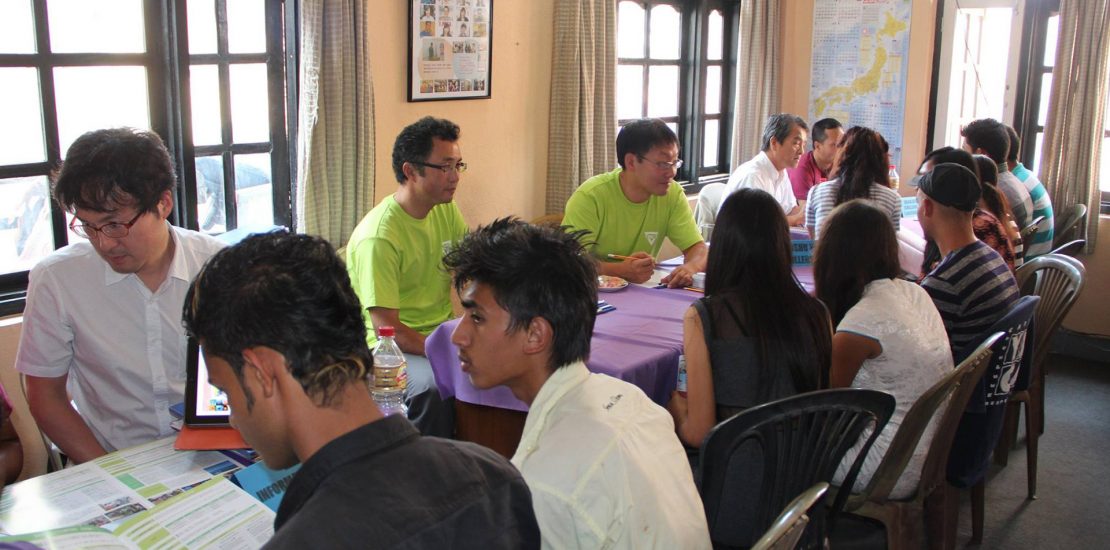
Career Guidance
When you are planning your education pathway it can be very stressful, time-consuming and utterly confusing. This looks even more difficult when you are considering international education. That’s why mentoring and career conversations have such an important role to play.
Which course will result in better career? Which university is recognized and has high placement records? Will I be eligible for a scholarship? These questions and concerns can be daunting at times and we at Asahi totally understand this.
After evaluating your academic background, reviewing your extra-curricular and other work activities, and your Japanese proficiency, we work out strategies to ensure that the applications you submit provide you the maximum chance of success. We are just a call away!
Which course will result in better career? Which university is recognized and has high placement records? Will I be eligible for a scholarship? These questions and concerns can be daunting at times and we at Asahi totally understand this.
Maximize your chances

We manage you through
- Student Profile
- Counseling and Enrollment
- Pre-departure Briefing
Purpose of Study
Every student is an individual with unique personal aims, motivations, and preferences. However, students can be broadly categorized according to type of student and purpose of study and their categories can help to build student profiles.
Prospective students can be considered according to their qualifications and experience. These may limit the courses available to them.
The student counselor must know the equivalence (and recognition) of home and destination country qualifications. Student’s highest recognized level of qualifications can then be used as the base point for selecting courses. That is, the range of available courses includes those where this base point meets minimum entry requirements. If students wish to study a course above this range, then a bridging course is needed to fill the gap between base point and entry requirements. Potential students can be classified according to the type and level of their qualifications, and hence courses available to them.
The socio-economic background of prospective students influences course selection. Simply, wealthy students can afford high-quality courses at leading education institutions. Less wealthy students may have to compromise on lower-priced courses at less prestigious institutions. Poorer students may need courses which allow them to work part time to help with their expenses. Students from different socio-economic backgrounds may have different preferences regarding the balance between course price and quality.
Prospective student’s social background should be taken into account when recommending destination countries. Some students may want to experience living in a society different from their own. Other students may be at risk of having great difficulty with social differences in areas such as gender roles and relations, interactions with different social ranks, appropriate public behavior and language, and so on. The student counselor should be aware of student’s social background, and be able to advise them about social differences which may affect them.
Prospective students can also be categorized according to the purpose of their study. This can affect their choices regarding types of course, institutions, and destination countries.
| Purpose of Study | Possible Characteristics |
| Further study | The international study will lead to further study either internationally or at home. For example, a student might enter high school in order to later matriculate into university in the destination country. |
| Career and employment | The international study will enhance the student’s career or employment prospects. Such students tend to place a high priority on courses leading to recognised qualifications. |
| Personal enrichment | The international study is the means by which the student can obtain personal enrichment, either through the course itself and/or through living in the destination country. |
